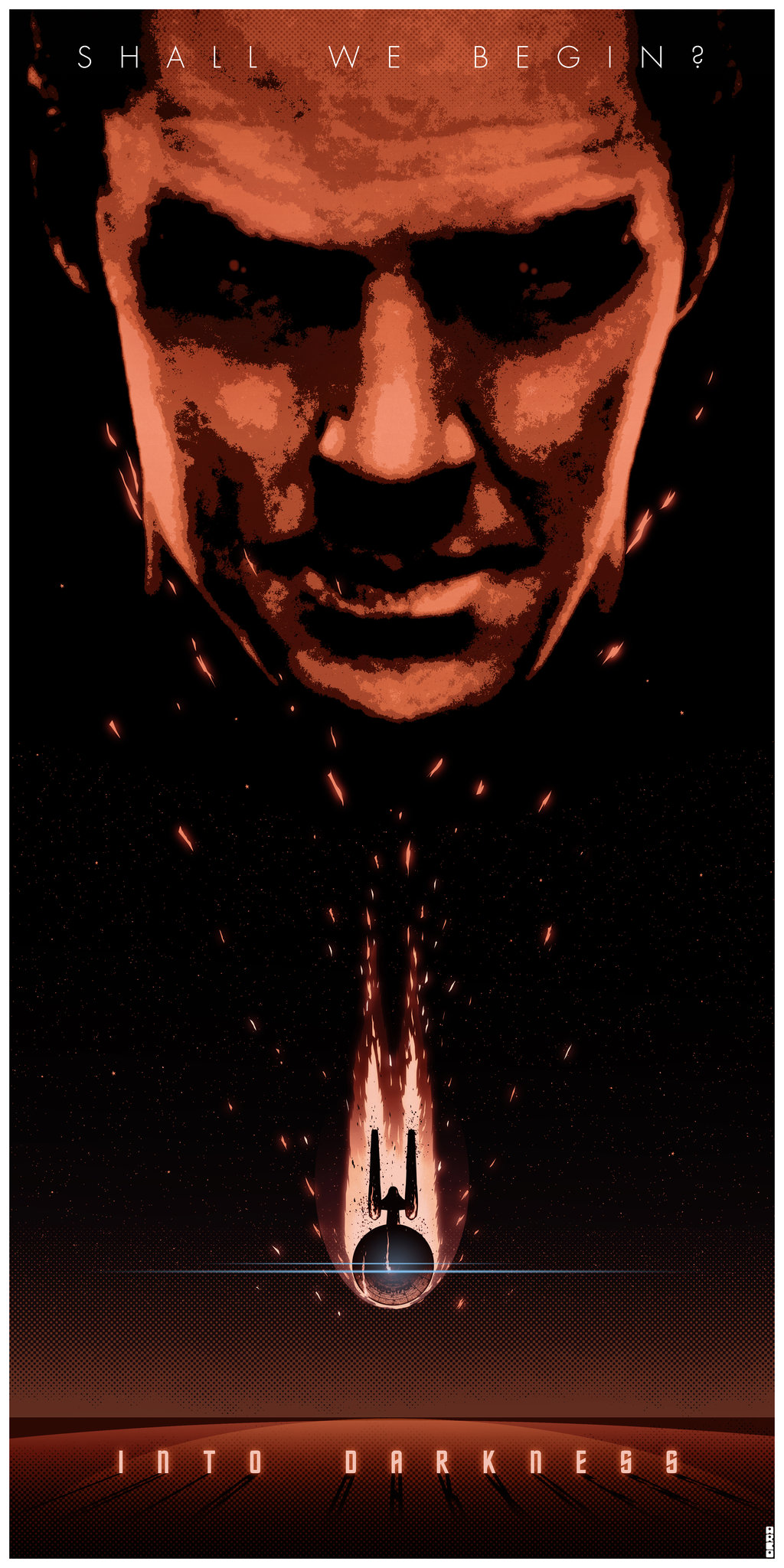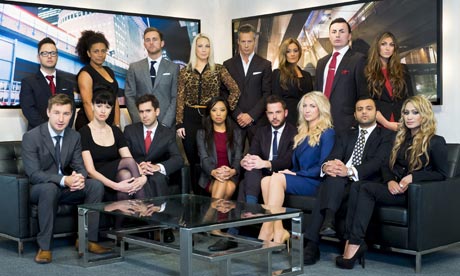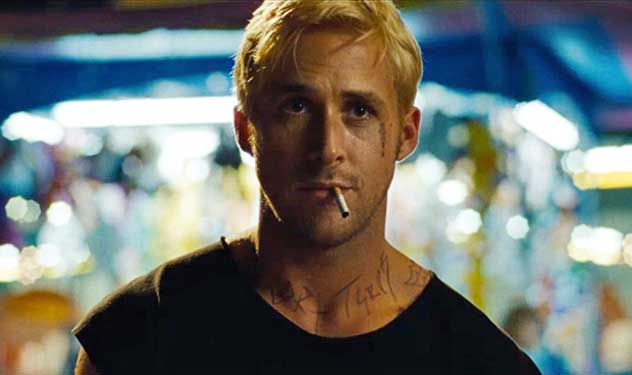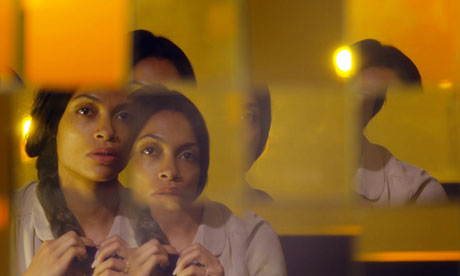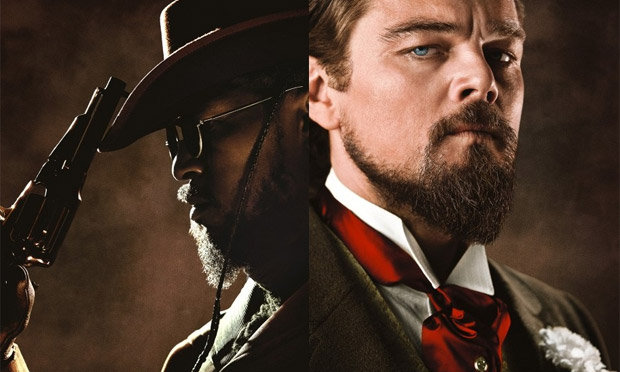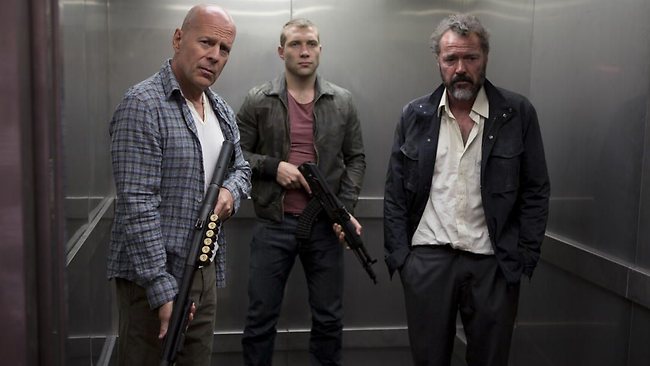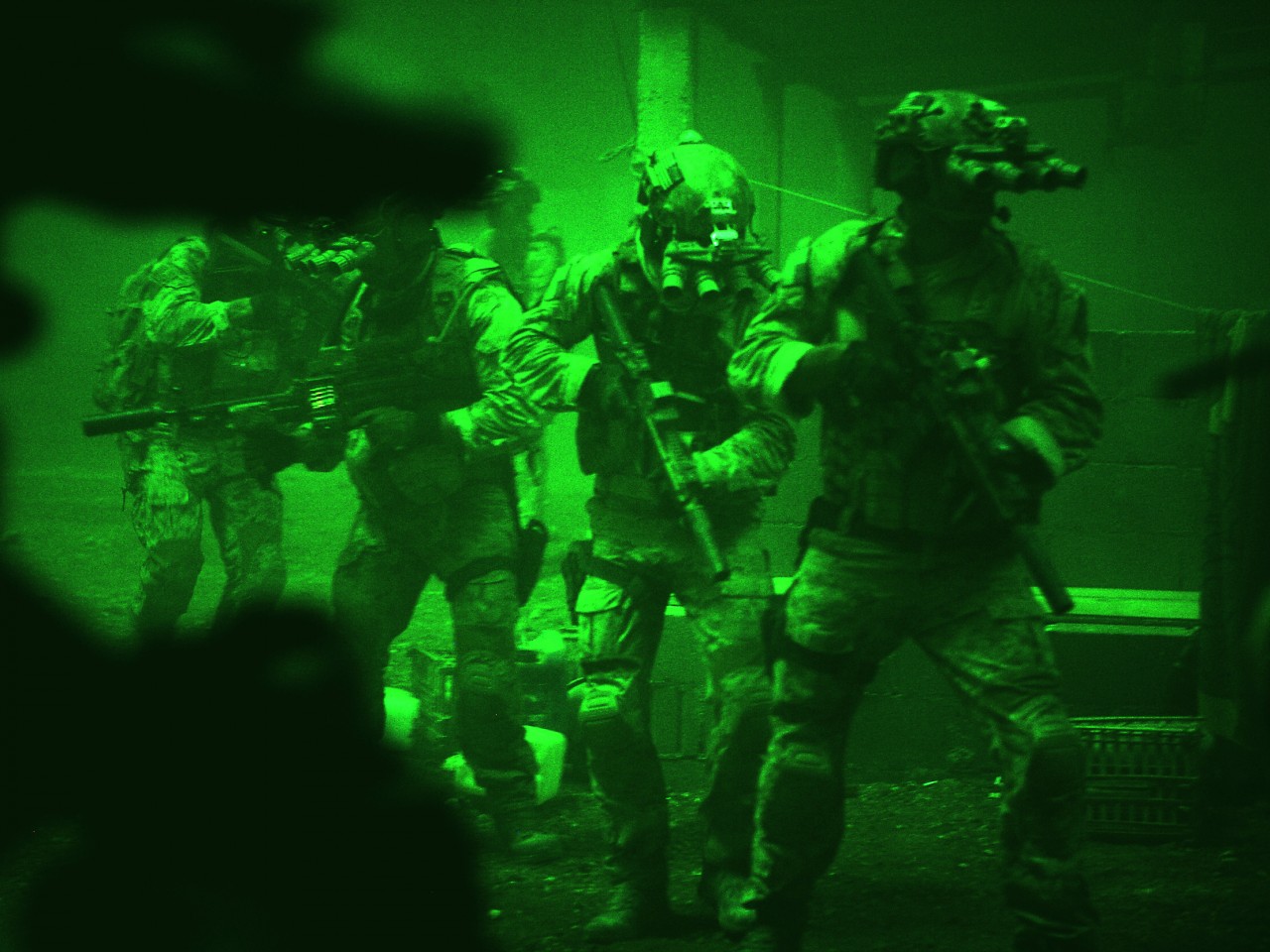A Late Quartet – Yaron Zilberman A Fugue: Musically, emotionally and literally
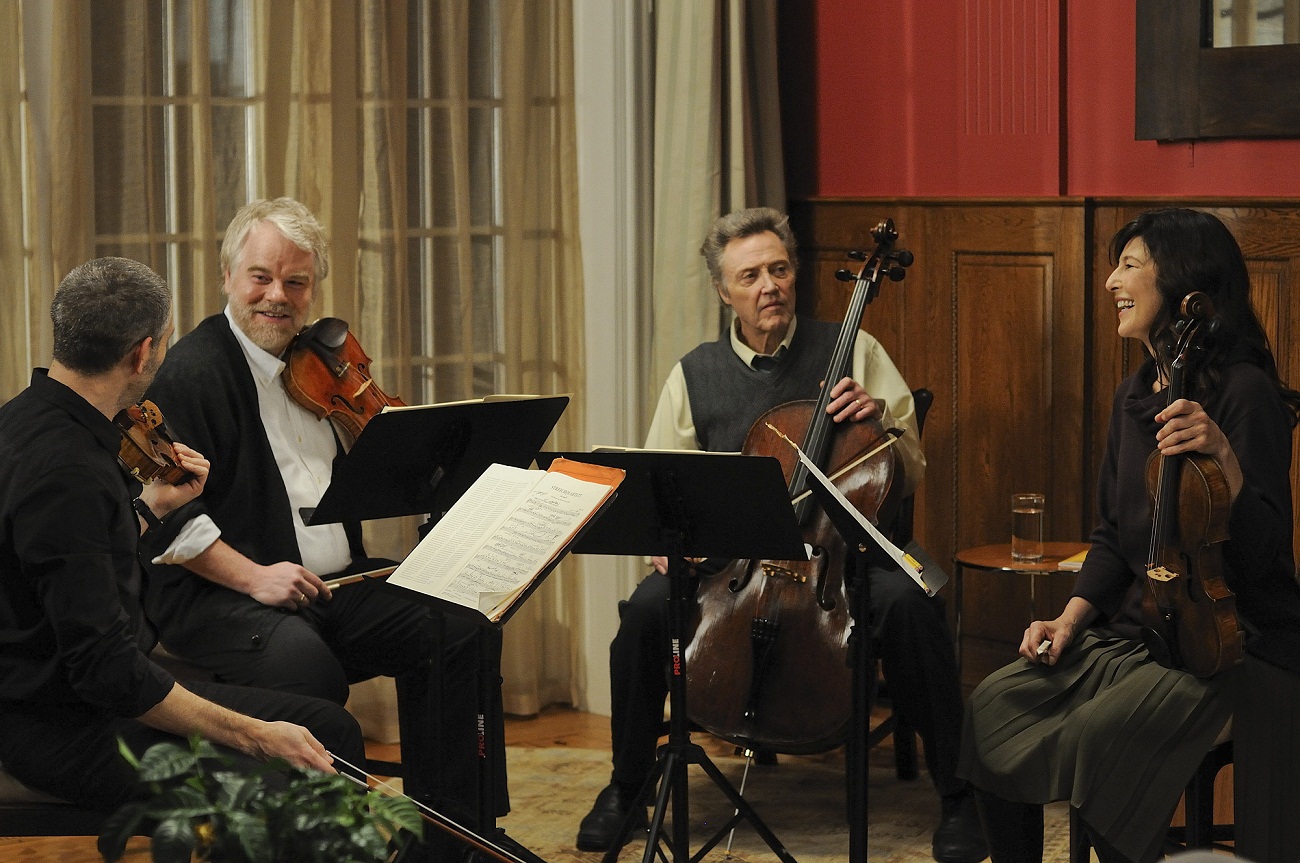
The Fugue
![]()
A Late Quartet – Yaron Zilberman
Do women marry for passion? Do men? Any simplistic, generalised answer will of course be wrong and do a disservice to the complexity of our emotional relationships with one another: will fail to recognise the uniqueness of each marriage and the bond at its heart.
I guess the natural, and right, riposte is that in our culture both men and women marry for love. But this only serves to re-state the question in a deeper form: what is the relationship between love and passion: between love and desire? Whatever your instinctive or life-driven responses to these questions I think we can agree they are interesting, serious questions, for serious people to contemplate.
A Late Quartet is a film for grown-ups. At its heart is the fundamental question above but placed within the ebb and flow of deep, subtle long-standing interlocking relationships of loving friendship, parenthood and yes, inevitably, desire. Rare enough for a Hollywood film but especially welcome precisely for that reason.
At the emotional, even spiritual core of Quartet is a love its four protagonists share: a life-long, life-enhancing passion for understanding, exploring and performing music – with others. This passion is an implacable mistress: demanding as much, perhaps more, love, sacrifice and unqualified commitment as marriage itself.
This beautiful, quietly understated film is a fugue: musically, emotionally and literally as the internationally successful musical Quartet which is its dramatic context is called The Fugue. It explores the contrasts and contradictions of the personal relationships within the group with the same rigour as they in turn musically express the contrapuntal, counterpoint flow of the great music they play: devoted as much to it, as to each other.
Peter (Christopher Walken – Cello), Juliet (Catherine Keener – viola), Robert (Philip Seymour Hoffman – 2nd violin) and Daniel (Mark Ivanir – 1st violin) have been performing around the world for 25 years. Peter, slightly older than the other three, first formed the group and is its unifying ‘father-figure’. He is slowly recovering from the loss of his much-loved wife Miriam and as the group begin to discuss their return to the international stage, Peter is dealt a further devastating blow when a slight trembling in his hands is diagnosed as the very early stages of Parkinson’s disease. We share the tension and the anxiety of the diagnosis and his difficult journey of acceptance. We feel and understand his dilemma as to how he might preserve the Quartet that he created and has devoted his life to, when soon he will no longer be able to form a part of it.
Juliette and Robert are married with a feisty, grown up daughter Alex (Imogen Poots – violin). Alex is herself a talented musician with a rebellious, passionate nature and when she takes one-to-one master classes with the obsessively precise and technically rigorous Daniel she mocks and teases him for his controlling, emotionally repressed approach to his life, to her, and by implication – to his music.
In her passionate impulsiveness we see that Alex feels a closer affinity to Robert than her more restrained, inward, mother Juliette. Hoffman’s bluff emotionally volatile character contrasts so clearly with Juliette’s control they arouse the thought, often posed by couples of one’s personal acquaintance, that they seem an unlikely partnership. We usually rationalize this as the attraction of opposites.
Robert and Juliette have a clear unity of purpose as professional musicians and an easy intimacy as parents trying to present a unified front to a talented, rebellious daughter, now an independent young woman making her own decisions and her own mistakes. This is a long-standing marriage that clearly embraces a deep friendship and unifying force of shared parenthood but in common with many, perhaps most, such long-standing relationships a sense of custom and habit about its sexuality.
Zilberman’s sensitive direction and writing defuses our sigh at the cliché of Robert’s developing affair with the beautiful, talented, inevitably younger, dancer (Flamenco no less) Pilar. However, not only is their attraction mediated by a credible shared, instinctive love of passionate music but when recriminations and betrayal eventually meet in the explosion of discovery, we have seen enough of Juliette to feel there is some truth in Robert’s accusation of her detachment and physical distance that had become embedded in their relationship – within or without sex.
Long-standing relationships married or not, are all about subtext: those submerged emotional hazards which by tacit agreement partners navigate around in a subtle conspiracy of benign denial. Perhaps. Whether the inevitable give and take, forgive and forget, irritation or frustration have reached a critical mass in a relationship, especially when measured against the security and stability of family, parenthood and friendship – is the critical question. This is a real life dilemma resolved, if at all, not by analysis, but by decision, by choice. And none of us know in advance whether we will be able to live by the choice we make. With regard to Juliette and Robert, Zilberman wisely leaves us to decide.
These are deep enough questions on their own but the great strength of Quartet is that Zilberman has super-imposed the matrix of musical passion and commitment over the personal, emotional interactions which both link and conflict with it. Robert has always felt some frustration at being forever consigned to 2nd violin to Daniel’s 1st. Technically it is argued that these are equal but different roles; each with its unique demands and when understood this way Daniel is the better 1st and Robert the better 2nd violin. But inevitably the language of 1st and 2nd belies this and it is clear that Robert has always felt that Daniel and perhaps Juliette and Peter as well think of Daniel as the better player.
Robert in turn feels Daniel’s clinical, obsessive technical perfectionism betrays a fear of allowing passion and feeling into his playing to the detriment of the fullest expression of the music. In a beautifully presaged dramatic moment later, Robert’s frustration and suppressed anger is safely defused by being expressed as a challenge to Daniel’s refusal ever to take the risk of performing without music. This all resonates with extraordinary emotional power when we find that Robert has always believed that Juliette’s sexual passion, her unrestrained, beyond control, physical self has always been secretly aroused by Daniel, not by him. One can see how such a thought would fester given that he, who loves her, can respond instinctively to her passion, wants more than anything to do so, and yet is precisely denied it in favour of a man too controlled and repressed to accept it.
When passion skips a generation and Alex, with her father’s instincts for risk-taking and her mother’s depth of feeling, breaks through Daniel’s life-long reserve things get tangled with the same perplexity, muddle and emotional upheaval redolent of real life – especially of talented, passionate, complicated people confronted by the inexorable passage of time.
Quartet is mercifully free of victimhood. Even Peter’s quietly courageous response portrayed by a superbly modulated performance by Christopher Walken, is without self-pity or metaphysical recrimination. Each of the others too are where they are because of who they are and what they have made of their essential natures and their talent. You may disagree but I find myself feeling more sympathy for the choices each character makes rather than judgmental criticism of their weaknesses or even betrayals. Juliette sits at the heart of all this and while in conventional terms we may see her as more sinned against than sinning it is tempting to feel that from Peter she gets safety and loving fatherly comfort and from Robert friendship and the deep satisfaction of shared parenthood. And perhaps the frightening possibilities of passion, being out of control, enters her life in the only way she can accommodate it – as a memory – cherished but not forgotten. We may hope to satisfy all our needs in a single other but Juliette didn’t. Perhaps we can’t.
Quartet is full of the small domestic tragedies of life, love and relationships: the happiness and joy, sadness and pain of what it is to love and be loved in a world where an enduring passion, overwhelming all else, even the personal – the love of music – provides the one unbreakable thread that draws one’s life together. As a non-musician I can only envy that certainty and stability of purpose.
This is a wonderfully rich fugue of a film in which the emotional and musical threads are woven into what for me is an absorbing, touching, challenging and unusually satisfying film rather breezily dismissed by some critical response.
Regarding the emotional spectrum I envisaged above; women may perhaps be far too sensible and wise to follow passion alone. Mere Biology suggests that the inevitable vulnerability of 9 months pregnancy then the total dependence of babies which then changes but doesn’t disappear with children, imposes an inescapable and perhaps asymmetric necessity upon women that men, to varying degrees and never justifiably, can evade. Men are the hopeless romantics allowing themselves the indulgence of believing love will conquer all. Women, it seems to this mere male (and that isn’t mock modesty) are far too sensible not to know better. Because they have to.
Quartet is for me a great little film: sensitively written and directed; and beautifully played. It’s ending is deeply moving as much for the questions it leaves unanswered as anything else. Not least the conundrum of whether Juliette loved Robert when she married him – but didn’t desire him.
Filed under: Yaron Zilberman | No Comments »

